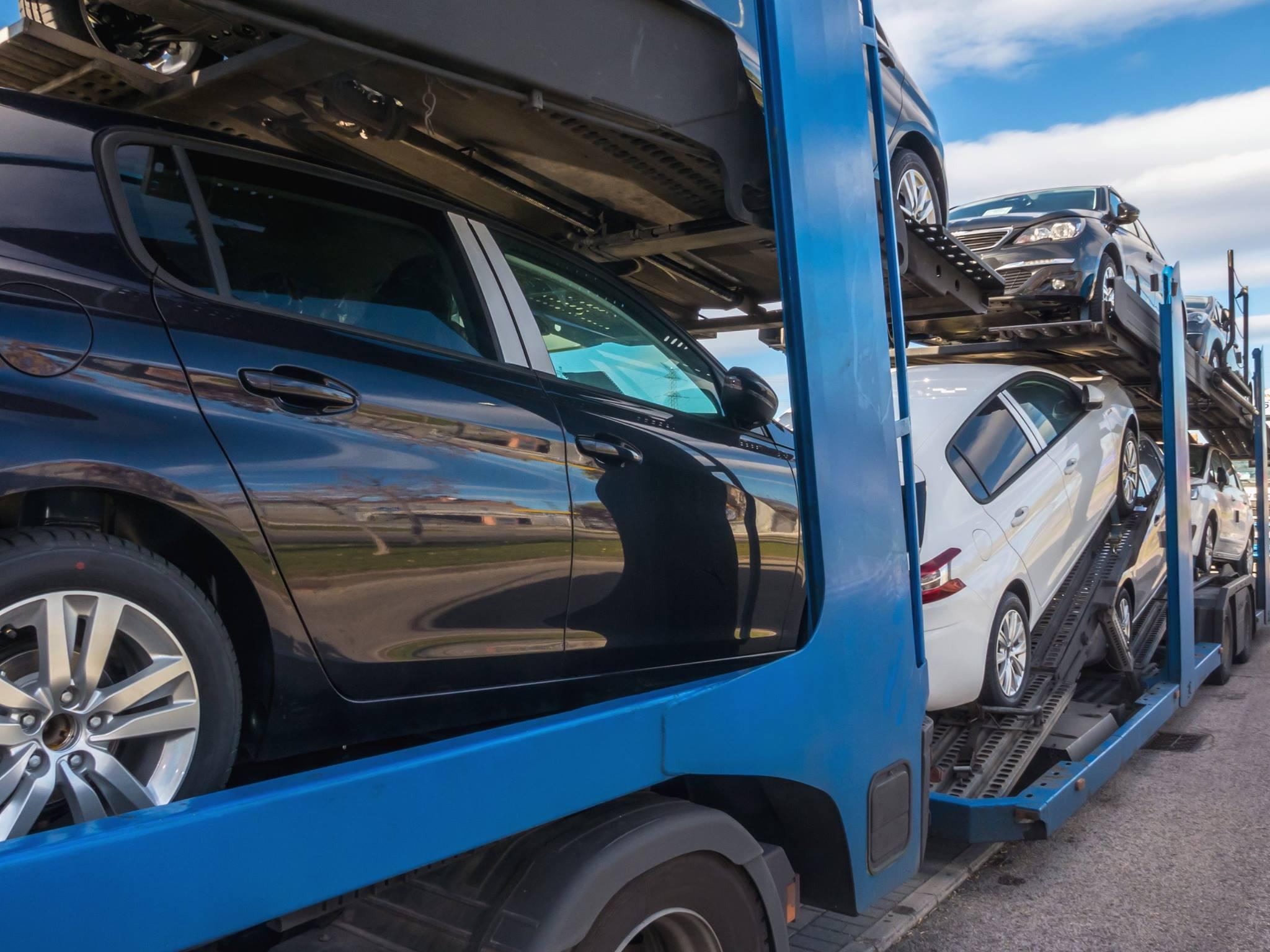When it comes to getting a new car, you often face a big decision: should you ship one from a different location or buy one right in your neighbourhood? Each option has its own perks and challenges.
Shipping a car may provide access to a wider selection, potentially lower prices, or particular models not available nearby. On the other hand, buying locally lets you see and test drive the car in person, giving you peace of mind.
In this article, we’ll explore the costs, logistical considerations, and personal preferences that will decide the best route to ultimately save you more in the long run.
Pros and Cons of Shipping a Car

Pros:
Before we compare the options of shipping a car versus buying locally, let’s dive into the pros of shipping a car:
- Lower Prices: You might be able to search for a vehicle at lower prices in other regions, which can result in saving money compared to the local market.
- Market Variability: Costs for the similar make and model of a vehicle differ significantly between regions due to factors like supply and demand. By shipping, you can tap into markets where prices are more favourable.
- Convenient Options: Many shipping services offer door-to-door delivery, so your car can be picked up and dropped off right where you need it.
- Avoiding Dealer Fees: Purchasing a vehicle from private sellers and shipping can help you bypass extra dealership fees.
- Safe for Valuable Cars: If you have bought a classic or expensive car, shipping it from far away through professional services keeps it safe from road hazards.
Cons
Let’s dive into the cons of shipping a car:
- Higher Shipping Costs: Shipping a car can be expensive, especially over long distances. You may need to pay shipping fees and extra costs for faster services.
- Insurance: You may require additional insurance coverage during transit, adding to overall charges.
- Risk of Complete Damage: Even though professional shippers take precautions, there’s still a chance your car could be damaged during transport. This can cause you a significant financial loss.
- Limited Pickup/Drop-Off Locations: If you don’t choose door-to-door service, you might need to travel to a specific location to pick up your car.
Pros and Cons of Buying a Car Locally

Pros of buying locally:
Now that we know the pros and cons of shipping a car, let’s discuss the pros of buying a car locally:
- Save Money on Shipping: Since the car doesn't need to be shipped, you won’t have to pay any extra shipping fees.
- No Hidden Fees: Local dealerships are more clear and transparent about fees, whereas long-distance purchases might come with unexpected charges.
- Get the Car Right Away: You can take the car home immediately without waiting for shipping or dealing with delays.
- Good Resale Value: Buying a brand new car locally may offer you better resale value due to familiarity with the local market and conditions.
- Better Service After Purchase: Local dealers often provide good post-sale services, like maintenance deals, warranties, and easy return options.
Cons of buying locally:
The following are the drawbacks of buying a car locally:
- Price Differences: Car prices can vary depending on where you live, and buying locally could mean paying more if demand is high or fewer cars are available.
- Hard-to-Find Specific Cars: If you're looking for a rare or specific model, it can be tough to find it locally, so you might have to settle for a different car.
- Local Market Fluctuations: Local prices are significantly affected by regional demand and economic circumstances, potentially leading to inflated costs.
- Limited Inventory: There might be fewer options or models available locally, which can lead to higher prices for a car that doesn’t fully meet your needs.
Factors to Consider Before Making a Decision
Once you’ve made an informed decision to get a car, it’s time to consider some factors that will help you choose whether or not you should ship a car or buy locally:
Cost-effectiveness
Shipping a car might save you bucks if you find a significant price difference between regions, even after accounting for shipping costs.
Buying locally is more convenient and does not involve risks, but it might be more expensive in markets with higher demand.
If you’re comparing similar models, calculate total costs (purchase price + shipping/fees vs. local purchase price + taxes) to determine which is the better deal for your specific situation.
Time
Shipping a car can take several days or even weeks. So, if you need a vehicle right away, buying locally might be a better choice.
Condition of the Vehicle
Think about the condition of the vehicle. Are you buying a new or used car? When you buy locally, you can inspect the car and take it for a test drive. On the other hand, if you ship a car, you have to trust other people's inspections, which can be risky.
Logistics and Hassle
Moreover, shipping a car involves coordinating with a transport company, dealing with possible delays, and making sure the vehicle is insured. In contrast, buying locally usually means less hassle and fewer things to manage.
Resale Value
Lastly, consider how your choice will impact the car's resale value. Some models hold their value better in certain areas, which can affect your investment down the road.
The Bottom Line
In simple terms, which option saves you more really depends upon the distance, market demand, and specific circumstances. If you are purchasing a vehicle from a faraway location where prices are lower, shipping might be worth considering.
However, if local prices are competitive or if you value seeing the car in person, buying locally could save you both time and money. Finally, which choice you need to make comes down to costs, the vehicle’s condition, and how quickly you want the car.



